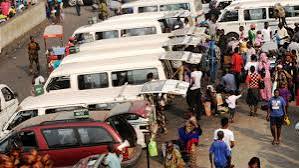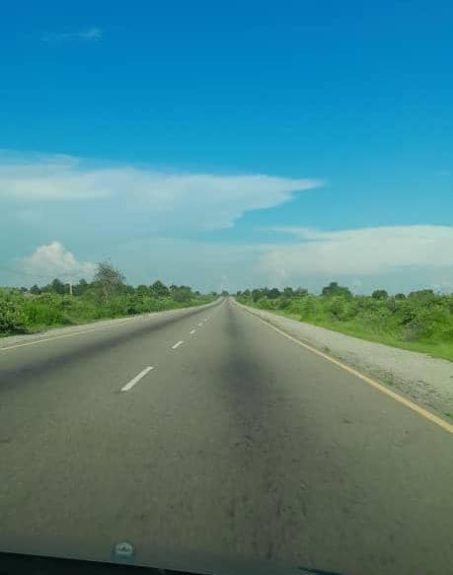
Iliyasu Abdullahi Bah
A crippling transport crisis has gripped Nigeria’s Northeast, leaving hundreds of passengers stranded in motor parks as commercial operators battle low patronage, soaring costs, and lingering security concerns.
The situation, worsening in recent weeks, is most pronounced in Adamawa, Bauchi, Borno, Gombe, Taraba, and Yobe states, where buses and commercial vehicles now sit idle for hours—and in some cases, days—without passengers.
At the Borno Express Motor Park in Maiduguri, frustrated travellers lamented their ordeal. Many cited skyrocketing fares that have pushed interstate travel beyond the reach of ordinary citizens.
“I’ve been here since morning, but we are only five passengers in an 18-seater bus. No driver will move at a loss,” complained Musa Adamu, a commuter bound for Gombe.
Similar scenes were reported at motor parks in Yola and Jalingo. “The delays are unbearable. People miss appointments, business deals, and even medical checkups because buses won’t leave until they are full,” said Bello Mohammed, a passenger in Jalingo.
For transporters, the challenges are crushing. Alhaji Ibrahim Mohammed, Chairman of the Road Transport Employers Association of Nigeria (RTEAN), Northeast Zone, blamed the collapse on the biting economy.
“The cost of living is unbearable. People can’t even afford food, let alone N15,000 to N20,000 for interstate travel. On our side, fuel, spare parts, and vehicle maintenance have tripled. Many of us are running at a loss,” he said.

He added that several operators have been forced to park their vehicles indefinitely or abandon the business altogether.
Beyond the economy, security fears persist. Despite improvements on highways like the Damaturu–Maiduguri road, travellers still dread attacks on less-secured routes, particularly at night. This has reduced the number of trips drivers are willing to make.
The Association of Commercial Transport Owners has appealed to both federal and state governments for urgent intervention, including subsidised fuel, soft loans for vehicle maintenance, and stronger highway security patrols.
Observers warn that without swift action, the transport stalemate could further isolate the Northeast, disrupt supply chains, and worsen the economic suffering of already struggling residents.
